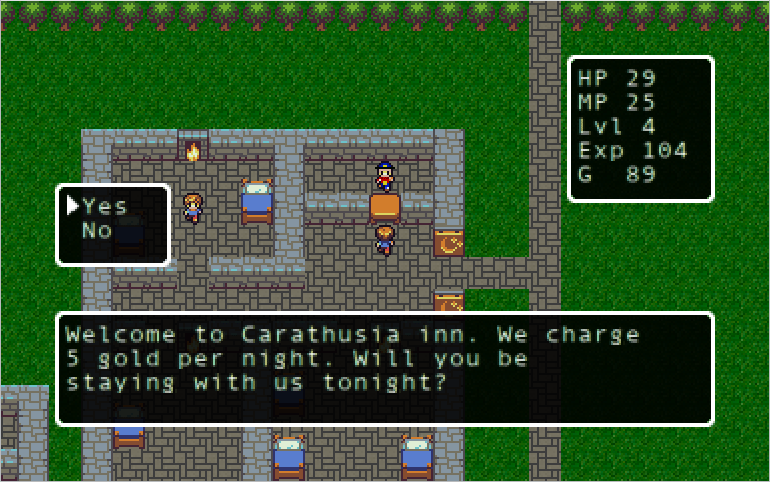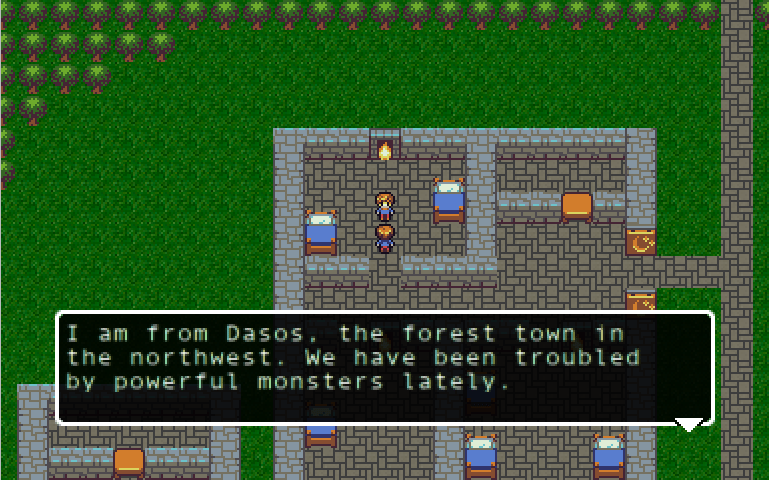“Pull harder!” exclaimed Tim, as he and Carlos tugged on the flat, round piece of metal. Just enough faded paint remained among the rust to reveal that it once was green and probably neatly camouflaged among the tall weeds and grass that fluttered this way and that in the light breeze. The old oaks were too few to call the place “woods,” but they strained upward from the ground, then outward, at random intervals, making it apparent that this place was outside the city, even if just barely. Their branches and leaves were too proud to join the herbs on the ground in their dance, so instead they sat motionless as if suspended, timeless, in empty space beyond the edge of the universe.
To Tim and Carlos, it was the edge of the universe. They had skipped class, not for the first time, and slipped into a steam tunnel they had found the week prior. The tunnel allowed them to avoid the hall monitors and the assistant principal up to a place near the playground. Their chosen exit was conveniently situated near a part of the fence that they called their “secret exit.” The fence was a series of equidistant metal posts with a rail near the top, and another rail near the bottom. At the secret exit, one of the posts was not evenly spaced, leaving just enough room for the kids to squeeze through. Having reached the outside of their scholarly prison, they made way to the uncharted territory just outside the city limits, which provided the dual benefits of a lack of truancy officers and undiscovered treasures like whatever the round piece of metal hid.
It didn’t budge. A new strategy was needed.
“If only we were near my house,” lamented Carlos. “I could get us the crowbar from my dad’s toolbox.”
“Too risky,” Tim replied, “We’d get caught. But there must be something around here we can use as a lever to pry it open. Look around.”
The two kids scoured the area, looking for anything that might be requisitioned as a lever to pry open the metal cover. Some tree branches could be found scattered here and there on the ground, but Tim quickly wrote them off as too thin and flimsy, and Carlos agreed. Something firmer would be needed. Either a thicker branch, or…
“I got it!” yelled Carlos. “The farmhouse! There must be something we can use in there!”
About half a mile toward town, only a couple hundred yards from the last city block, stood an old abandoned shack. The boys, unaware of whatever purpose it had once served, had dubbed it “the farmhouse.” Inside was a single large room, or at least no interior walls had been left. The room was empty, having been ransacked decades earlier, except for a broken table and a couple of untrustworthy chairs, and, more relevant to the purposes of the moment, some two-by-fours and other rubbish strewn across the floor.
Tim didn’t need to respond. A brief glance between the boys communicated the necessary agreement, and they were off in a gallop toward the farmhouse. Not much more than three minutes had passed when the informal half mile race was over. Carlos arrived just moments before Tim, and the boys passed through the doorless doorway into the one and only room of the farmhouse. Carlos immediately grabbed one of the two-by-fours lying on the floor, while Tim looked around a bit before deciding on an iron rod that was probably once part of a gate or a fence. The boys walked their cargo back to the field with the mysterious metal lid, their chatter along the way full of speculation about the secrets it hid.
“There must be a buried treasure hidden underneath,” asserted Carlos, whose primary goal in life had always centered around searching for hidden treasure. At least ever since he saw a treasure map complete with ‘X’ marking the spot in a book about pirates, even before he could read.
Tim, always more practical, replied that it almost certainly covered some secret alien technology that the government had hidden many years ago, but forgot about.
The conversation continued along those lines for the fifteen-or-so minutes that it took to get back to the field and the metal circle.
Upon arrival, the boys immediately got to work. Tim shoved the rod under the metal plate and began to pull upward, while Carlos used a nearby rock as a fulcrum for the two-by-four, and pushed it down in order to lift the lid. The metal circle showed a stubborn reluctance to give way, but little by little the boys were able to force it until the thing sprung open with a snap. A rusty set of hinges had held it in place, but, vanquished by youthful ingenuity and determination, had broken into pieces.
“Oh wow,” remarked Tim. Removal of the lid revealed a hole consisting of a metal tube just over three feet in diameter that descended downward about fifteen feet. A set of metal bars, each shaped like a flattened U, stood one above the other to form a ladder on one side of the hole. “Who’s going in first?”
Carlos gulped. He felt a little queasy in the stomach, while his chest burned with excitement. As fear battled with curiosity, Tim took advantage of his friend’s reticence to make the first move. Tim’s head was already descending below the surface when Carlos decided to follow him down.
“Bad ass!” cried Tim when he reached the bottom. “There’s a whole house down here!”
Carlos finished his climb down and strained to look around as his eyes adjusted to the little bit of light that made it so far down into the subterranean dwelling place. They were in a cylindrical room, like a tipped-over can, except the circular cross-section was interrupted by a flat floor about three-quarters of the way down. On either side of the boys was a bunk bed. At the end of the beds stood a bookshelf against one wall and a small desk and chair against the other. The limited light failed to provide sufficient visibility to see what was on the other side of the room. Undeterred, the boys made their way past the bunk beds to try to make out what was there.
Books and magazines filled the bookshelf. Carlos took some interest in these, but exploration was the initial priority. As they progressed past the bookshelf, they found themselves in a small kitchen with a sink, stove, and some cupboards on the left, and shelves of canned food and packages to the right. Tim tossed one of the packages to Carlos, who took it over by the bunk beds to see what it was in greater light.
The package was brown or dull green; the color wasn’t entirely clear in the limited light. Carlos red aloud the words printed in black on its surface.
“Meal, ready to eat. Spaghetti with meatballs.”
He walked over to Tim and put the package back on the shelf. Over at the end of the kitchen, beside some large drums of water, was a door hanging slightly open. Pitch black reigned on the other side, and the boys decided that they would have to return later with flashlights to see what was inside.
“I bet it’s the bathroom,” commented Tim.
While Tim browsed through the cupboards and cans in the kitchen, Carlos returned to the middle part of the room. The desk wasn’t much more than a small writing table, similar to the student desks at school. The shelves held probably between forty and fifty books, and at least a couple dozen magazines. Carlos tried his best to make out the titles. Although the books were limited in number, they seemed to be quite varied: Carlos thought he could make out novels, science and math books, self-help books, and practical books on home repair, gardening, and troubleshooting cars. The nature of the discovery finally dawned on him.
“We’re in a bomb shelter!” Carlos had seen such things in an old television program about nuclear war, after which he read everything the school library had on the cold war, nuclear weapons, bomb and fallout shelters, and anything related he could find. Tim had seen the television show, but was more inclined to experiential knowledge than to books.
“Whoa, cool!” Tim responded after making sense of what Carlos had just said.
It was starting to get late. School would be getting out soon, and Carlos and Tim needed to make it back to their respective homes. After climbing out of the shelter, they carefully placed the circular metal plate over the downward-leading aperture. Without the hinges, only its weight would hold it in place now, but that was sufficient: It took the two kids working together to move it into place, and they made sure it would stay put. Their new secret hideout needed to stay protected, after all.
The light breeze had died down, and the grass and herbs were as still as the oak leaves when Tim and Carlos began the walk back toward civilization.

